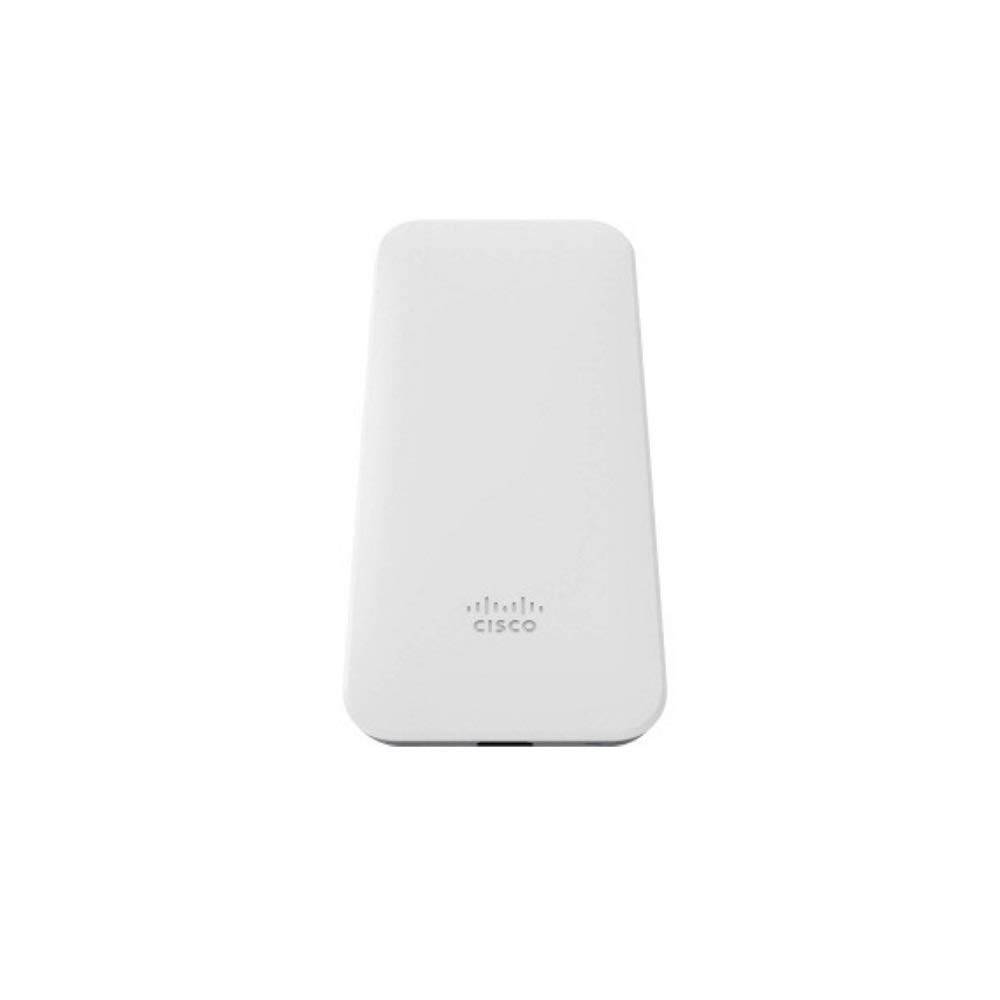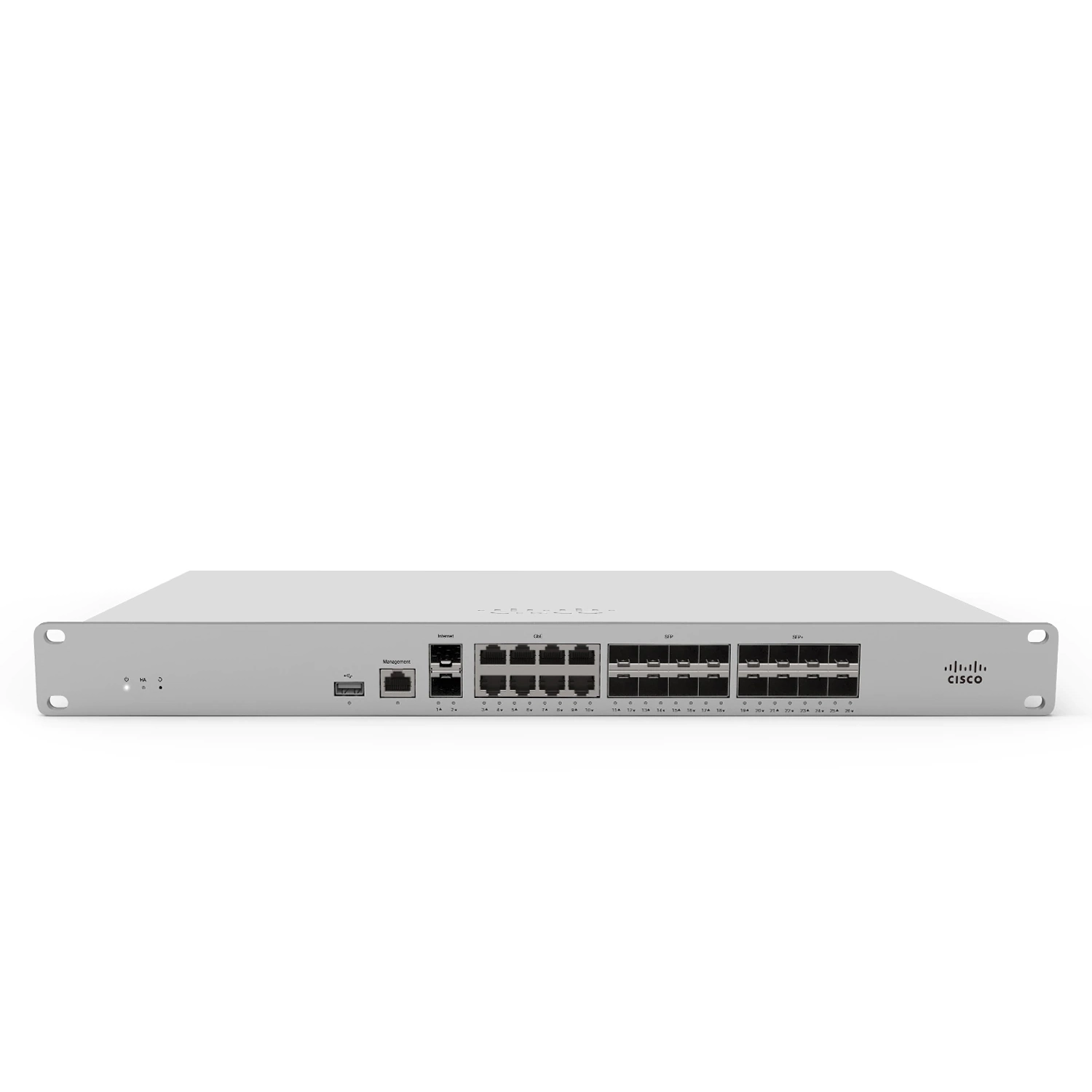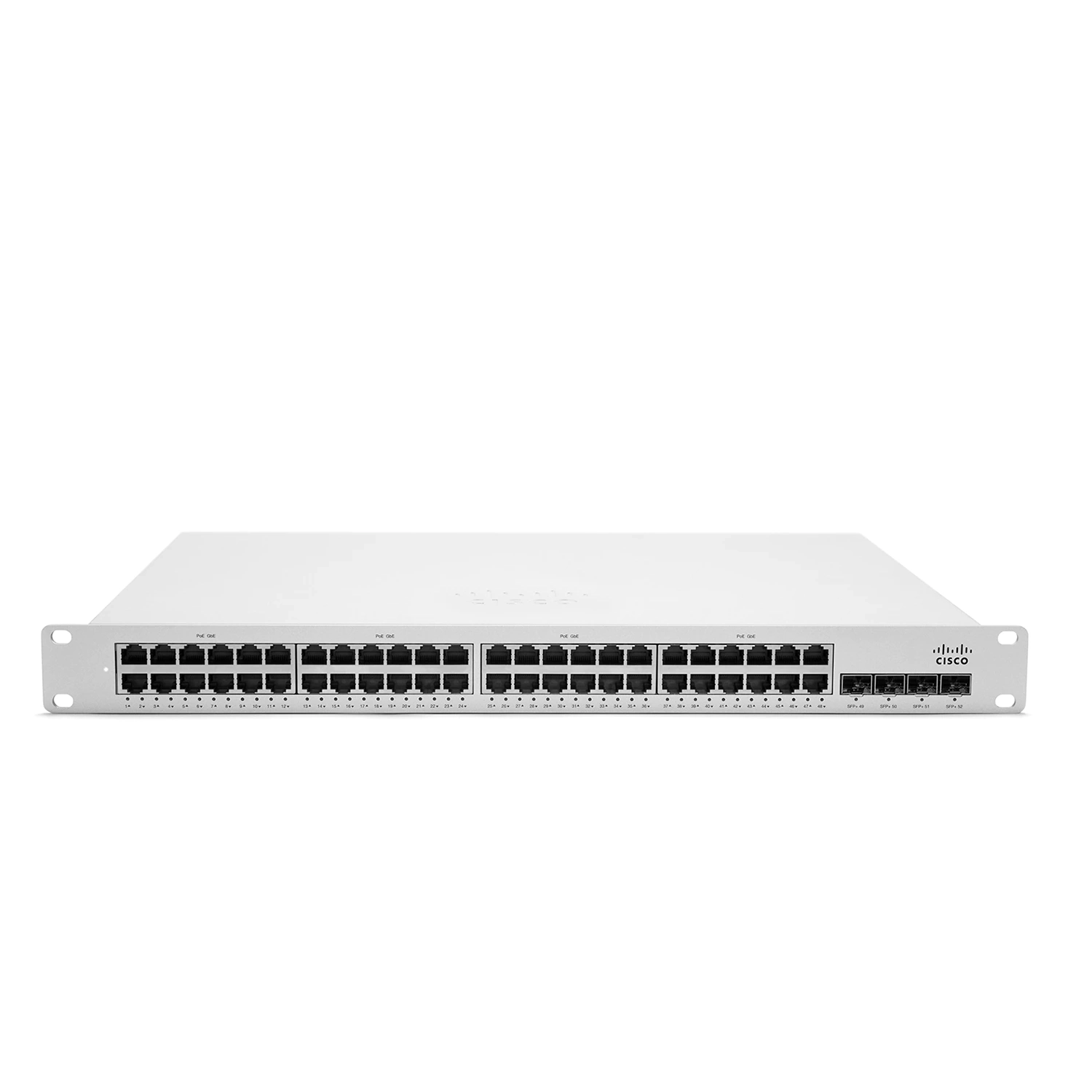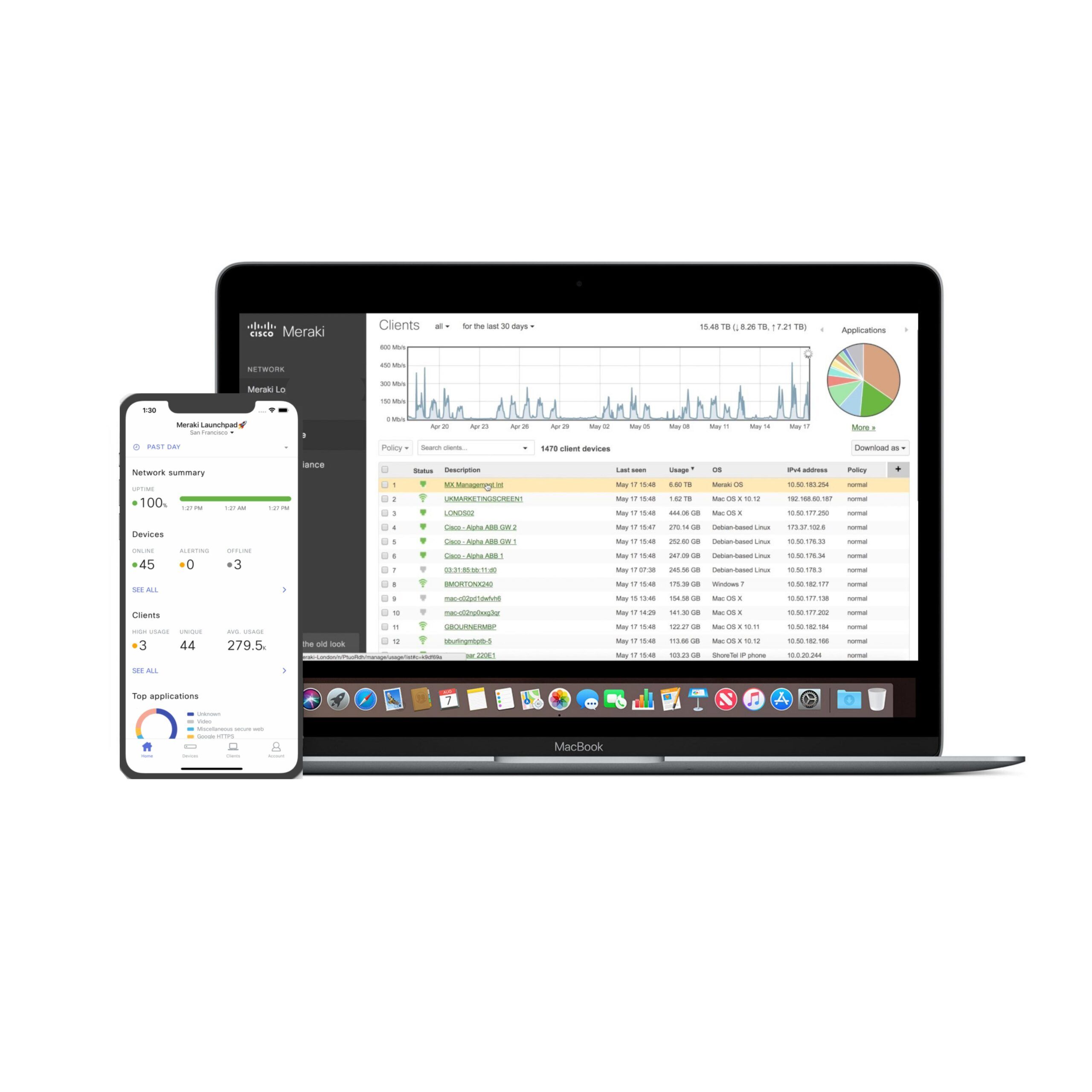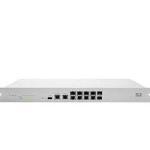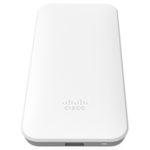How Cisco Meraki is Pushing Ahead with Sustainability

Hybrid work, automation, artificial intelligence (AI) and digital workspaces are increasingly commonplace characteristics of a post-pandemic workforce. Throw sustainability into the mix and organisations are left with a daunting task to transform and equip work environments fit for new employee demands while communicating and collaborating efficiently to uphold green practices.
At the recent Meraki Fast-Forward: Smart Spaces Innovation Day in Singapore, Cisco Meraki doubled down on its commitment to deliver “business and human outcomes” along with a sustainability mandate through the re-imagination of smart spaces using a combination of IT and Internet of Things (IoT) solutions.
The event’s keynote speaker, Charles Reed Anderson — principal at design services firm Eight Inc — pointed out that global interest in sustainability is due to push factors such as government regulations in terms of carbon taxes and green building requirements.
This is in addition to the modern-day workforce, particularly the younger demographic, embracing sustainability, with employees and job-seekers now “wanting to work for companies that have purpose and not just for profit”.
Green investments as a business priority
In an opening address, Karrie Ilagan — head of sales across Asia Pacific, Japan and China (APJC) at Cisco Meraki — identified that physical spaces are being reimagined because “people’s expectations are changing”.
Ilagan reflected how the pandemic has changed the way we “look at productivity and how individual productivity can be achieved in a new world of hybrid work”.
“Also, this gives a different perspective of how spaces need to be reimagined and redesigned,” added Ilagan, while referencing how end-users are demanding more “immersive experiences” and that customer experience has now become a “strategic priority” for IT leaders post-pandemic.
Ilagan highlighted that sustainability is another key strategic priority for businesses. Within Cisco Meraki specifically, the industry executive outlined two approaches to this — the “greening of technology” and “greening by technology”.
In terms of how Cisco Meraki is “greening” their technology, Ilagan shared that strategies include increasing the energy efficiency of products, accelerating internal use of renewable energy, embracing hybrid work, investing in carbon removal solutions and embedding sustainability and circular economy principles across the entire business.
In particular, Ilagan elaborated that their circular economy principle extends from how they “design, build and deliver products” to how they manage products for “multiple lifecycles and deploy new as-a-service business models to facilitate a circular model”.
Such efforts are supported by partnerships with suppliers to manufacture products at “zero-waste factories” and sourcing for recycled materials.
Cisco Meraki has also implemented programs that “repair and replace equipment in the field, take back equipment from the customer side after the end of their use, and sell certified remanufactured equipment through Cisco Refresh” to meet ongoing sustainability ambitions.

